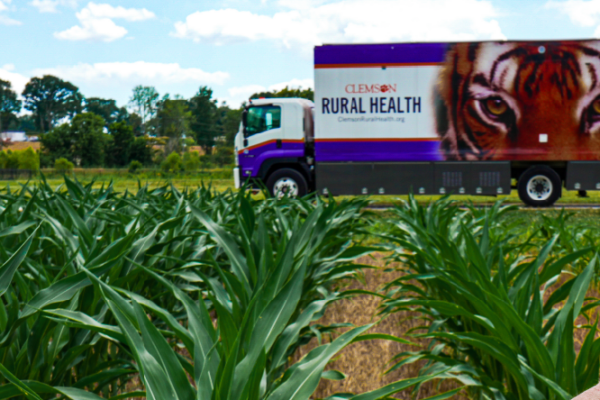Produce prescription projects are becoming increasingly common. This study explores perspectives and experiences of a sample of health care providers throughout the United States participating in implementing produce prescription projects with funding from the United States Department of Agriculture. Surveys (N = 34) were administered to collect demographic and descriptive data. Subsequently, individual key-informant interviews with participating health care providers (N = 16) were conducted via videoconference. Participants in this study included physicians and clinical staff (e.g., nursing, nutrition, social work) who work at health care organizations that facilitate a produce prescription project. Interview transcripts were coded using thematic qualitative analysis methods. Four cross-cutting key themes emerged. First, interviewees shared operational challenges, including lack of time/staff, difficulty with provider/patient engagement (some related to COVID-19), steep “trial and error” learning curve, and formidable barriers related to data sharing and research-related requirements (e.g., Institutional Review Board approvals). Second, interviewees elucidated their solutions, lessons learned, and emerging best practices as a response to challenges (e.g., importance of having a full-time paid staff member to manage PPR within clinic). Third, interviewees expressed satisfaction with produce prescription projects, particularly related to positive patient experiences (e.g., improved clinical outcomes and improved food security). Fourth, interviewees also shared appreciation for rigorous program evaluation to establish sustained funding and advance policies. However, they contextualized this appreciation within challenges outlined regarding collecting and sharing patient-related data outcomes.
Read The Full Article at Preventive Medicine Reports




